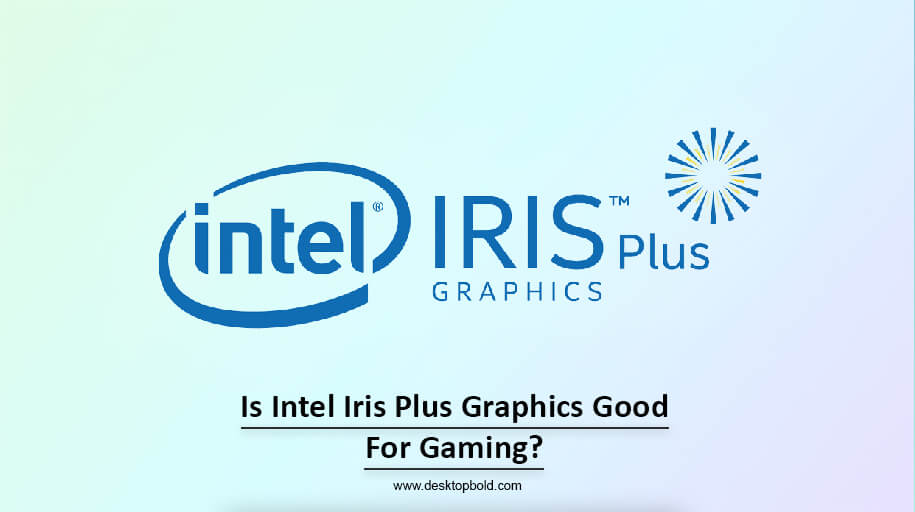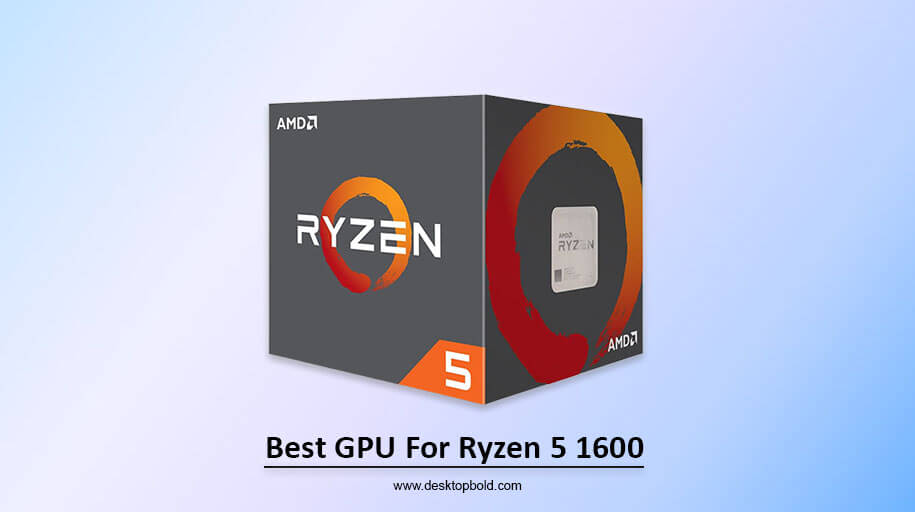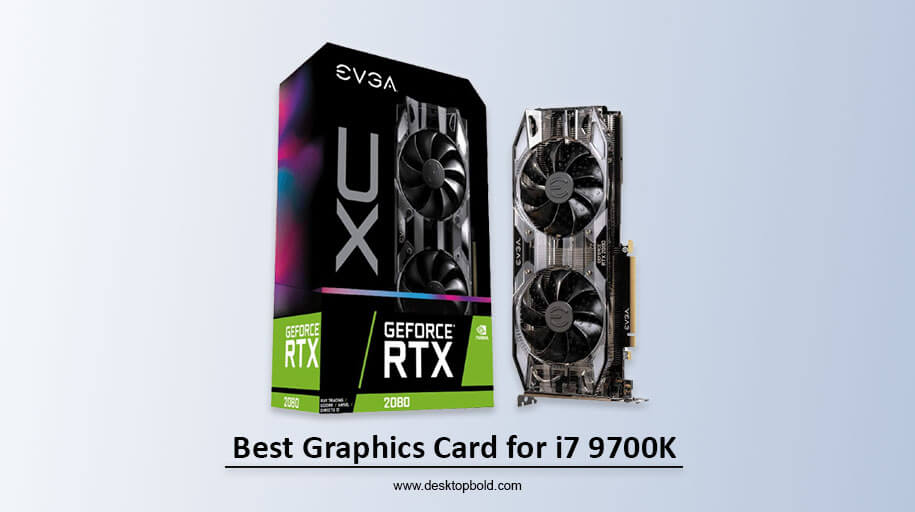To understand this fact, Why does my graphic card keep crashing? You should know what graphic card crashing and what are its causes. I have a very concise and accurate definition of graphic card crashing so that you can truly understand it.
So, A graphics card crash refers to the sudden and unexpected failure of a graphics card while it is in use. This can manifest in various ways, such as the display freezing or becoming distorted, artifacts appearing on the screen, the computer shutting down or restarting unexpectedly, or the entire system becoming unresponsive. The cause of a graphics card crash can be due to various factors such as overheating, power supply issues, driver conflicts, software conflicts, hardware defects, or physical damage to the card.
I hope you have truly understood this introduction to graphic card crashing. Now let’s come to our main topic.
Why does my Video Card keep Crashing
Several reasons concern your query: why does my graphics card keep crashing? Some common causes include:
Overheating:
If your graphics card is overheating, it can cause the GPU to crash or become unstable. This can be caused by poor ventilation within your computer case or by a malfunctioning cooling system on the graphics card itself.
Power Supply Issues:
If your power supply does not provide enough power to the graphics card, it can cause it to crash or become unstable. It can be caused by a weak power supply or by a malfunctioning power supply.
Driver Issues:
Using an outdated or incompatible driver for your graphics card can cause the GPU to crash or become unstable.
Software Conflict:
Specific software programs can conflict with your graphics card driver and cause the GPU to crash or become unstable.
Hardware Defects:
Sometimes, the graphics card can have a hardware defect that causes it to crash or become unstable. This can be caused by a manufacturing defect or physical damage to the card.
It’s important to troubleshoot the issue by checking the temperature of your GPU, making sure the power supply can handle your GPU, updating the driver, uninstalling any conflicting software, and checking if there is any physical damage on your GPU. If the problem persists, it may be necessary to replace the graphics card. Every reason is mentioned here that causes graphic card crashing. Now let’s find its solution.
How to Fix When GPU Keeps Crashing?
There are several steps you can try to fix a crashing GPU:
1. Update your GPU drivers:
Make sure you have the latest drivers for your GPU installed. This can often resolve stability issues.
2. Check your GPU temperature:
High temperatures can cause a GPU to crash. Make sure your GPU is not overheating by checking the temperature using a program like MSI Afterburner or EVGA Precision X.
3. Check for faulty hardware:
A failing or faulty GPU can cause crashes. Check for any visible damage to the GPU and test it in another system to see if the problem persists.
4. Lower Overclocking:
If you have overclocked your GPU, try lowering the clock speed to see if that resolves the issue.
5. Power Supply:
Make sure your power supply is providing enough power to the GPU. A weak power supply can cause crashes.
6. Check for Software Conflicts:
Sometimes, other programs or background tasks can cause conflicts with the GPU, causing it to crash. Try closing other programs and see if that resolves the issue.
7. Try Running a Memory Test:
If you suspect a memory issue, try running a memory test to check for errors.
If the above steps do not work, consider replacing your GPU. There’s another question in the reader’s mind: how do I know if my graphic card is crashing? Don’t worry, and I have an answer for this too.
How Do I Know if My Graphics Card Is crashing?
There are several signs that may indicate your graphics card is crashing:
Screen freezing or locking up:
If your screen suddenly freezes and becomes unresponsive, it could be a sign of a GPU crash.
Visual Artifacts:
If you see strange patterns or colors on your screen, it could be a sign that your GPU is crashing.
Blue Screen of Death (BSOD):
A BSOD with a specific error message related to your GPU driver, such as “video_tdr_failure” may indicate a GPU crash.
System Shutdown or Reboot:
If your system shuts down or reboots unexpectedly, it could be a sign of a GPU crash.
Error Messages:
If you see error messages related to your GPU, such as “Display driver stopped responding and has recovered,” it may indicate a crash.
Running Programs and Applications will Crash or Not Open:
If you notice that when you try to run a specific program or application, it crashes or doesn’t open at all, this may indicate a GPU crash.
It’s important to note that these symptoms can also be caused by other issues, such as overheating, software conflicts, or hardware failure. Therefore, checking for other possible causes is important before concluding that your GPU is crashing.
Conclusion
In this article, why does my graphic card keep crashing? I have described its causes, factors, and solution. Moreover, how to check if the graphic card is crashing is also mentioned here in detail.
So, in conclusion, it is difficult to determine the specific reason for a GPU crashing without more information about the system, such as the GPU model, driver version, and any error messages that may have been generated. Some common causes of GPU crashes include overheating, outdated drivers, power supply issues, and conflicting software. It may be helpful to check the temperature of the GPU, update the drivers, check the power supply and ensure that there is no contradictory software running. If the issue persists, it may be necessary to seek further assistance from a professional or the GPU manufacturer’s technical support.
I hope you loved reading this article. Thank you!




